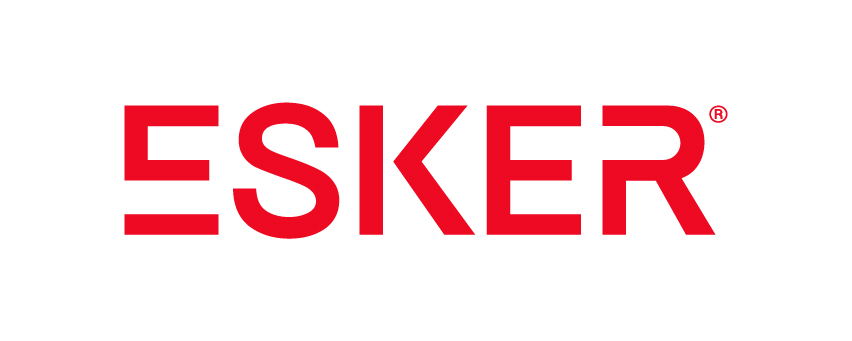Title
What is the Office of the CFO? How to build a CFO charter for your business

Today’s CFO role is no longer confined to closing the books or reporting quarterly earnings. As the demands on finance leaders grow, they’re emerging as critical strategic partners — shaping business outcomes across the enterprise.
This evolution is not abstract. Nine out of 10 CFOs now influence decisions that extend well beyond finance. From leading digital transformation and managing ESG priorities to directing investment strategies and delivering real-time business intelligence, CFOs are becoming architects of enterprise resilience and growth.
To support CFOs, companies must equip the Office of the CFO with a well-defined charter. By aligning people, processes and platforms around a shared purpose, finance can transform into a forward-looking engine of innovation and value creation.
What is the Office of the CFO?
While the Office of the CFO has been historically focused on budgeting, forecasting, reporting, and ensuring the business stays financially healthy, in recent years, the Office of the CFO has become a central hub for operational strategy and digital transformation. It reflects a reimagined structure designed for scale and strategic impact. Understanding how this office is structured — and why a formal charter matters — is key to unlocking its full potential.
A cross-functional command center
The Office of the CFO is a centralized function that encompasses roles like finance, accounting, procurement and data governance. This convergence supports stronger financial control and wider operational influence.
When these roles are connected through integrated platforms and strategy, they enable enterprise-wide alignment. The office becomes a source of intelligence and stability, capable of influencing core business priorities and reacting to change with precision.
Why a company charter matters
A formal charter gives the CFO function structure. It defines purpose and direction, helping organizations move from reactive financial oversight to deliberate long-term planning.
More than an internal guide, the charter connects goals to tangible outcomes. It provides clarity around how finance contributes beyond compliance, paving the path toward transformation with accountability and scale.
Four strategic pillars of a CFO charter
To lead effectively, CFOs need more than instincts and spreadsheets. A successful charter rests on four foundational pillars that support intelligent decision-making and long-term resilience.
1. Digital intelligence
Speed and accuracy in decision-making hinge on having the right data. Digital intelligence provides the clarity CFOs need to make informed decisions under pressure — from cashflow visibility to forecasting and risk modeling.
Leading finance teams are investing in connected dashboards, cloud-native analytics and platforms that unify disparate data streams. A unified data ecosystem fuels growth and survival. When insights are easy to access and trust, CFOs can pivot with confidence and anticipate what’s coming, not just report on what already happened.
2. AI & automation as a competitive advantage
Artificial intelligence is reshaping the back office and positioning the CFO as a key driver of innovation. Automation is eliminating friction in areas like invoice processing and reconciliation, while also reducing fraud and giving finance teams more capacity to focus on strategic priorities.
Sixty-two percent of CFOs expect AI to transform their industries in the next three years. The momentum is real — and varied. Tools powered by machine learning, natural language understanding (NLU), retrieval-augmented generation (RAG), generative AI and agentic AI are already finding their place in finance.
By adopting these technologies within AP/AR workflows and other transactional functions, the Office of the CFO builds the foundation for intelligent decision-making at scale.
3. Strategic collaboration
The best-performing CFOs don’t operate in isolation. They work closely with leaders across departments, embedding finance into the broader fabric of the organization.
This kind of engagement positions finance as a connector, opening up space for cultural influence and long-term strategic alignment. Collaboration at this level allows financial strategy to support, and often shape, the company’s direction.
4. Resilience & risk management
Change is constant, and finance must be ready to respond. From supply chain interruptions to economic shifts, the Office of the CFO plays a central role in building business resilience.
Digital continuity tools and scenario planning help teams prepare for disruption by creating the flexibility to pivot quickly while still supporting operational stability and long-range performance.
Building your CFO charter
Creating a successful charter starts with clarity. Before you set targets or roll out new systems, take a closer look at how your Office of the CFO operates today.
This step helps surface both strengths and areas for improvement — laying the groundwork for a charter that is forward-looking and aligned with your company’s vision.
Understanding the current state of your office as a CFO
Every charter begins with an assessment. Start by mapping out your finance team’s core responsibilities, tools and challenges.
Ask where value is being created beyond compliance. Consider your strategic goals over the next three to five years and assess which capabilities, both human and technological, are necessary to achieve them. Identifying gaps now sets the stage for smarter investments and clearer priorities moving forward.
Define success
With a clear picture of your starting point, it's time to define what success looks like. Tie your key performance indicators to both financial results and operational efficiency.
Metrics like cashflow acceleration, DPO, invoice cycle times and stakeholder satisfaction offer a well-rounded view of performance. They help track not just what’s being done, but how effectively the CFO’s office is driving outcomes across the organization.
Where finance leads, transformation follows
Today’s CFO is a catalyst for the future of the business. Establishing a company charter formalizes that leadership and helps finance teams operate with greater purpose and impact.
Making the right investments now equips the Office of the CFO to lead transformation from within and create sustained business value.
Ready to modernize your finance office? Check out Esker’s CFO architect ebook.
Subscribe to new posts

